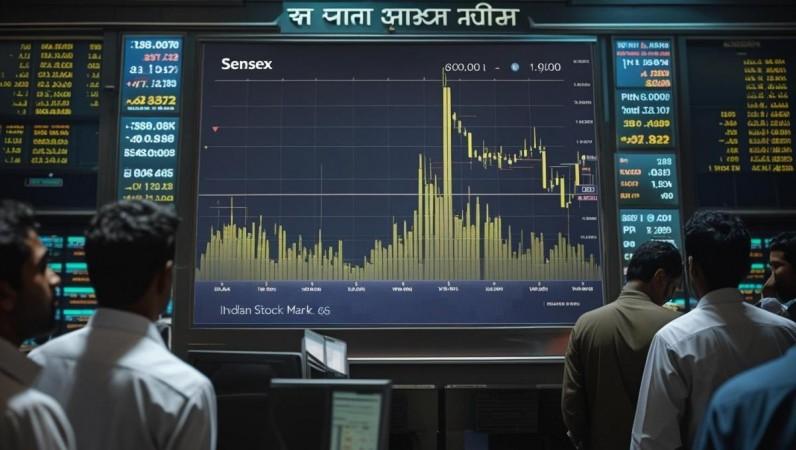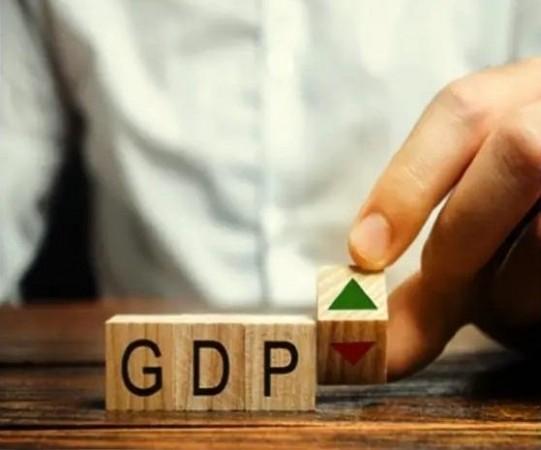
India's Chief Economic Advisor, V. Anantha Nageswaran, recently addressed the potential impact of U.S. tariffs on the Indian economy. In a statement on Wednesday, Nageswaran highlighted that the negative effects of these tariffs would be partially mitigated by recent consumption tax cuts implemented by Prime Minister Narendra Modi's government. The cuts in the goods and services tax (GST) are expected to stimulate domestic demand and consequently support India's economy.
According to Nageswaran, the GST reforms will have "compensating effects" on the Indian economy, serving as a counterbalance to the challenges posed by higher U.S. tariffs. He projected that despite the impact of increased tariffs and reduced domestic taxes, the overall effect on GDP growth estimates for the year would be a modest decline of 0.2%-0.3%. India's GDP growth rate for the current financial year is forecasted to range between 6.3%-6.8%.

Nageswaran emphasized the importance of GST reforms in bolstering India's economy by encouraging domestic consumption to offset any potential reduction in export demand, particularly from the United States. He noted that while the initial impact of U.S. tariffs on Indian goods in the current financial year may be limited, prolonged uncertainty stemming from the 25% penalty duty imposed by the United States on India for purchasing Russian oil could pose a significant challenge to the South Asian economy.
Looking ahead, Nageswaran's assessment underscores the need for India to navigate the evolving global trade landscape with a focus on strengthening its domestic market. The interplay between U.S. tariffs and domestic tax reforms highlights the complex dynamics influencing India's economic outlook in the coming months. As the Indian government continues to implement strategic measures to address these challenges, careful planning and adaptability will be crucial in sustaining economic growth amidst external pressures.

















